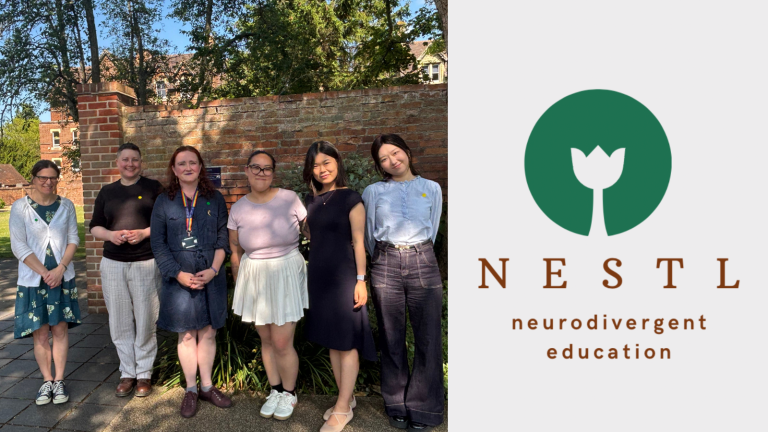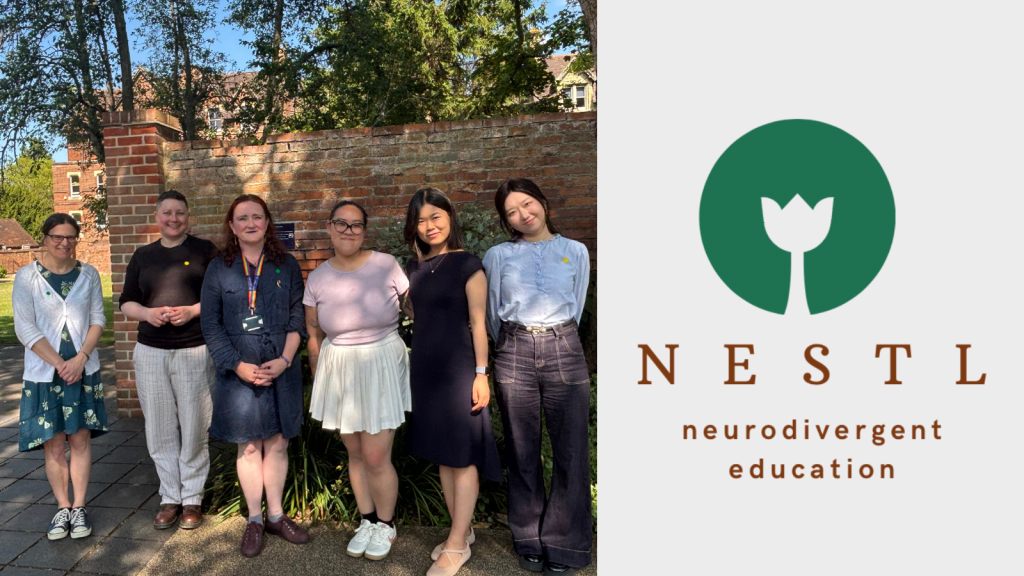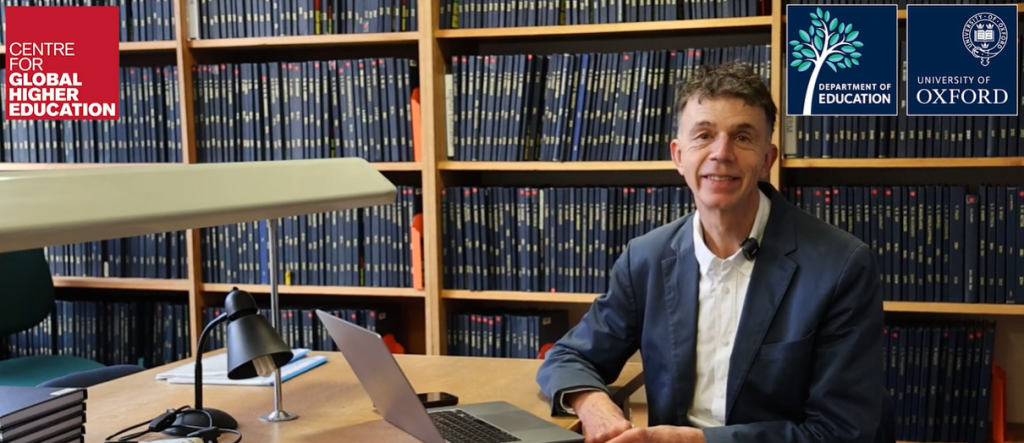The toolkit was developed by the NESTL (Neurodivergent Education for Students, Teaching & Learning) project team based at the University of Oxford and Swansea University.
The NESTL project is co-led by Dr Xin Xu (Department of Education, University of Oxford) and Dr Laura Seymour (Faculty of Humanities and Social Sciences, Swansea University), and the team includes Dr Cressida Ryan (Disability Advisory Service, University of Oxford), Professor Siân E. Grønlie (Faculty of English, University of Oxford), Georgia Lin, and Hanrui Li (both Department of Education, University of Oxford). It is funded by the University of Oxford’s Social Sciences Division (Teaching Development and Enhancement Project Awards) and the Department of Education.
The NESTL Toolkit
Co-created through a collaborative process involving neurodivergent students and staff, the NESTL (Neurodivergent Education for Students, Teaching & Learning) toolkit aims to foster more inclusive academic environments across the higher education sector.
The toolkit offers a practical and reflective framework for educators, featuring actionable guidance, case studies, checklists, myth-busting insights, a glossary of key terms, curated resources for further exploration, and a Canvas site with interactive activities.
The content is grounded in research on neurodivergence, and shaped by over 50 contributions collected through workshops, interviews, and written feedback, ensuring that lived experience remains central to its design.
Dr Xin Xu, Co-Principal Investigator of the NESTL project, said: “Neurodivergent-inclusive teaching supports neurodivergent students in realising their full potential and helps cultivate a more inclusive culture that benefits everyone. Our team is deeply grateful for the generous support and valuable insights shared by students and colleagues, particularly those from neurodivergent communities.
“We are delighted to hear that many have already found the toolkit helpful, and we hope it can contribute to broader and ongoing efforts to foster more inclusive teaching and learning environments.”
Structured around four key areas: Awareness and Understanding; Teaching Practices, Space, and Materials; Assessment and Feedback; and Adjustment and Support, the toolkit encourages change at multiple levels: individual, communal, institutional, and sector-wide.
Highlights include strategies for inclusive classroom design, flexible assessment methods, and guidance on navigating diagnosis and disclosure. The toolkit also features six case studies from educators across disciplines, offering real-world examples of neurodivergent-inclusive practice.
Dr Laura Seymour, Co-Principal Investigator of the NESTL project, said: “One of our key aims in this toolkit was to draw on the rich knowledge and skills that our neurodivergent colleagues and students already have. We achieved this through truly listening to neurodivergent people at Oxford in a non-tokenistic way. We were very glad to hear that this has come across clearly to our readers, and we were honoured to receive such amazing support, input, and valuable critique from Oxford’s neurodivergent community as we worked on the toolkit.
“Rather than being overly prescriptive, we designed our toolkit to prompt and guide colleagues’ critical reflections on how they teach, and I look forward to learning and growing together in the future.”
The NESTL Toolkit is primarily aimed at teaching staff but is also relevant to administrators, librarians, and students. While rooted in the context of the University of Oxford, its insights are broadly applicable across the higher education landscape.
Toolkit Launch Event
The NESTL Toolkit was officially launched at the University of Oxford on 16 June 2025. The event featured opening remarks by Professor Nandini Gooptu and Dr Debbie Aitken, an introduction to the toolkit by the NESTL team, and two panels featuring Amelia Farber, Anna Wright, Zaiba Patel, Dr Cora Beth Fraser, Dr Debbie Aitken, and Dr Sonya Freeman Loftis. All speakers highlighted the importance of embedding neurodivergent perspectives into higher education and offered valuable insights into creating more inclusive and supportive learning environments.
For more information and to explore the toolkit, visit the NESTL Toolkit page, take the interactive course on Canvas or download the full PDF resource.











